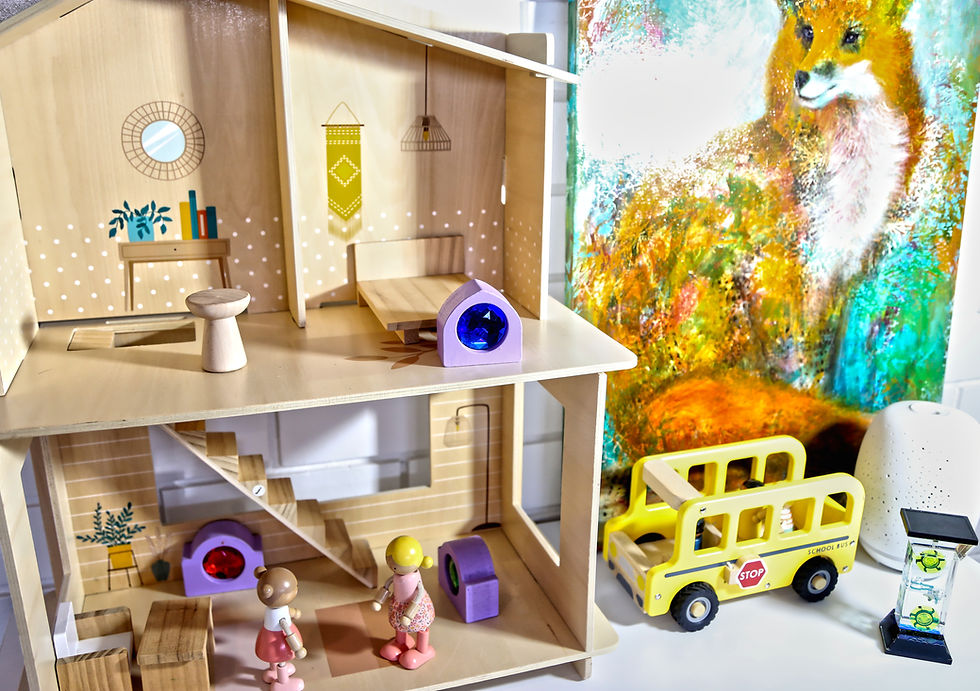
A dynamic exploration of unique needs and potentials

Tailored to You
Our professional team value openness and transparency. We ensure your voice is brought forward.
Bringing the best out of every child and families
Ready to meet you where you are
Dr. Saga Arthursson
Dr Saga is a dedicated child psychologist who supports families with a range of complex health and disability needs.

Malissa Karda
Malissa is a highly skilled business operator with a passion to support a children and parents.

Blaise Staffordshire
Blaise is an aspiring therapy dog in training who loves belly rubs and cuddles.

Jack Lynch
Jack is a creative business affiliate with an interest in development and education

Our professional team value openness and transparency. We ensure your voice is brought forward.
Affordable services delivered with ease
NDIS Early Intervention
Standard fee: $232.99 (50-min consultation) Coverage (NDIS): 100%
Private Health Insurance
Standard fee: $232.99 (50-min consultation) Check % coverage with your insurer
Better Future Access
Standard fee: $232.99 (50-min consultation)
Standard rebate: $98.96 (50-min consultation)
Out-of-pocket expense: $134.03
What to expect
01
Complete the referral form
02
Receive, review and sign intake documents
03
Attend a 50-min intake assessment
04
Formalise treatment plan and goal settings
05
Commence interventions
06
Evaluate outcome and progress
24/7 Support
Help Center
Lifeline: 13 11 14
Kids Help Line: 1800 55 1800
Beyond Blue: 1300 22 4636
Webinars
Complete the referral form


A dynamic exploration of unique needs and potentials



Bringing the best out of every child and families






